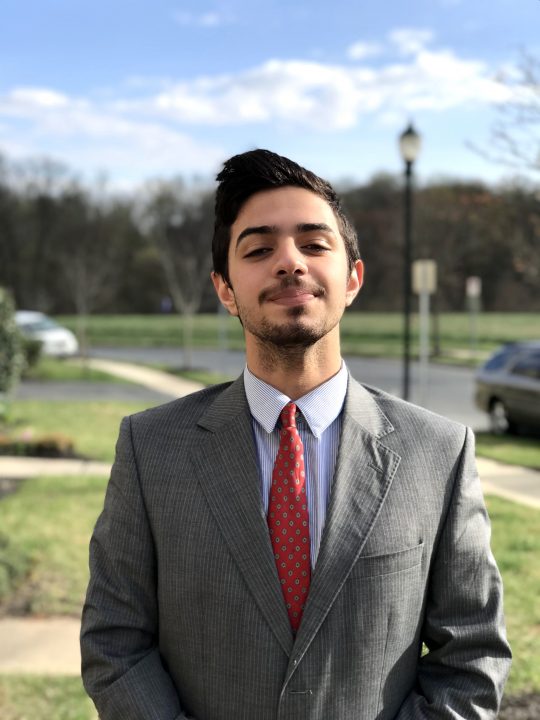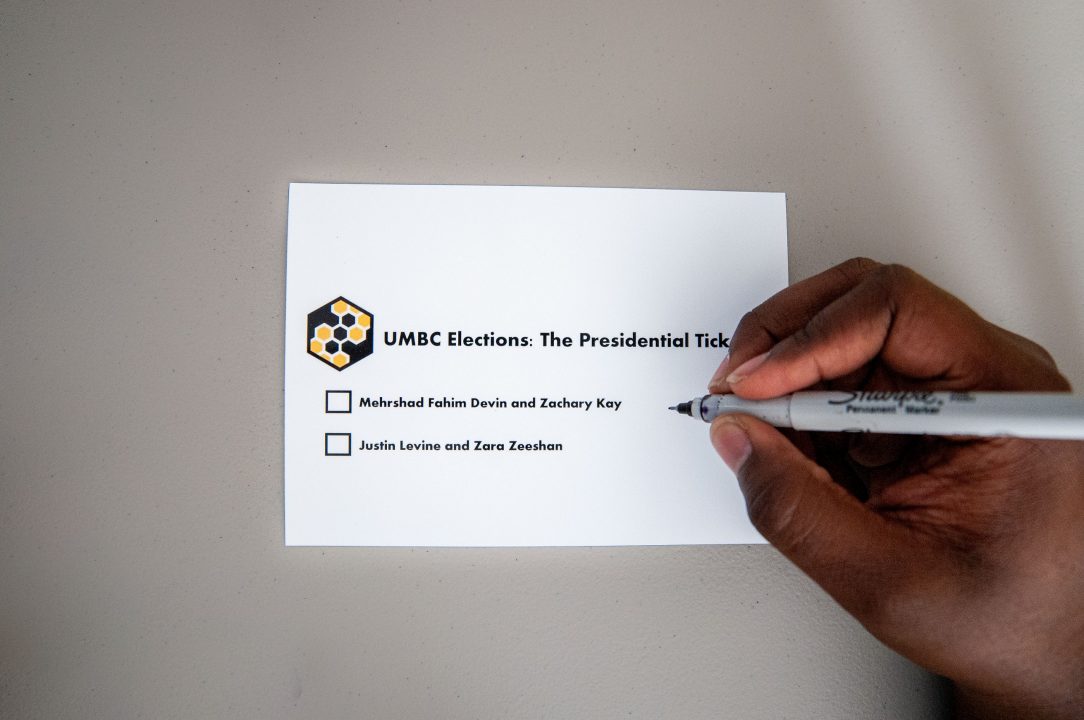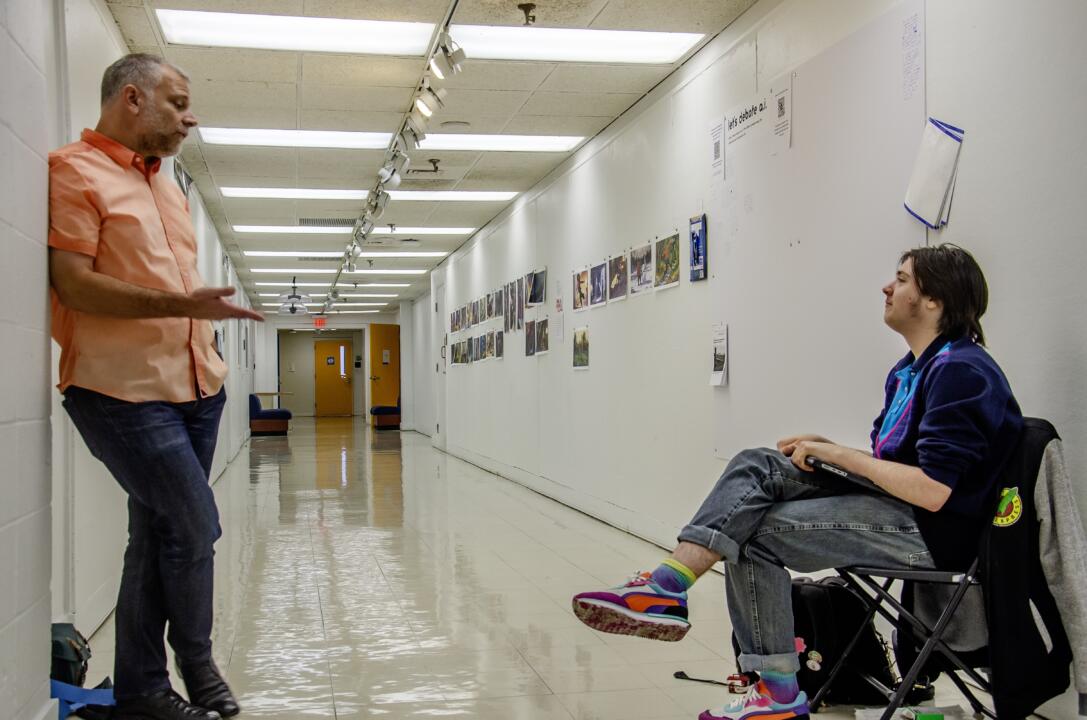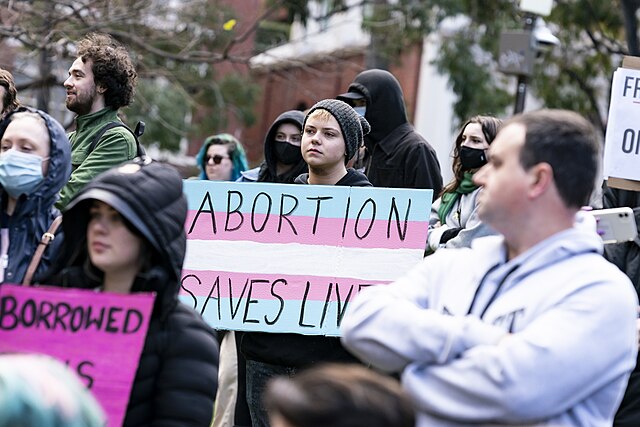After two consecutive Student Government Association elections with uncontested presidential tickets, University of Maryland, Baltimore County students have a choice to make.
And that choice focuses on the definition of student engagement.
For presidential candidate Mehrshad Fahim Devin and his running mate Zachary Kay, student engagement means empowering students to “see their full potential,” according to Kay. But to presidential candidate Justin Levine and his running mate Zara Zeeshan, student engagement means allowing “all students … to vote on everything,” according to Levine.
While the candidates of each presidential ticket may disagree on the meaning, they both seem to agree on the need for increased student engagement in student government processes.
And as UMBC students adjust to distance learning, it will be even more difficult to garner support and interest, with elections coming up on April 20.
While senators and Finance Board representatives are elected by plurality, executive branch positions are elected by majority, and no person may be elected with fewer than five percent of ballots cast.
Election Board president Caleb Cagle said that with the inability to campaign on campus, “everything’s being done virtually.” Candidates running for all positions are encouraged to make their own websites or use their social media presence as a platform for their campaign.
The Election Board has even made the decision to supplement candidate’s campaigns with weekly wrap-ups of endorsements posted to myUMBC and have replaced in-person candidate information sessions with videos of each candidate answering student-submitted questions. (Questions can be submitted at “Ask the Candidates” at this link).
Cagle said that the Election Board is currently planning on ways to incentivize these initiatives, hoping that they will allow for “re-engagement” of the student body.
Both sets of candidates are hoping that their own laundry lists of student organization involvement will help them garner support — and hopefully, endorsements.
But for those without personal ties to the candidates, the changes they promise and the perspectives they have will have to be enough.
Communication and Continuity
Mehrshad Fahim Devin and Zachary Kay have a combined three years of experience in the SGA.

Devin, who is a sophomore biology and physics major, began his time in SGA as a First Year Ambassador, but transitioned into a senator position his sophomore year, where he spearheaded an initiative linking UMBC to Arbutus businesses.
When Devin met Kay, a freshman political science and philosophy major and FYA, he immediately saw Kay’s potential and recognized that they both had the same goals within the SGA. Kay was drawn to Devin’s ability to make him feel like he could make a difference on campus.
That ability to communicate to students in the way they want — and sometimes need — to be communicated to is what Kay believes will allow them to engage more people in student government. But they both know it will not be easy.
“It’s one of the hardest problems to be able to solve in a four year span or even less than that: how do you make someone who feels like they’re just there to go to school and go home or go to school and then go to their dorm … open up the door to have more opportunities to make change?” Kay said.

Kay, who is planning to focus on underclassmen engagement if elected, is excited for the prospect of getting to know the new freshman class. As Executive Vice President, he would lead the FYA program, and he is already planning to give up the EVP desk in the SGA office to the FYAs, hoping they will recognize the voice they have within SGA.
Devin, as president, would focus on upperclassmen, letting them know “the power they have within SGA,” he said, noting that all undergraduate students are members of the SGA.
Devin and Kay are hoping to use their familiarity with the systems SGA uses to jump right into problem solving.
“The more you get to learn about a system, the quicker you’re able to answer questions, the quicker you get to fix problems,” Kay said. “You’re able to move the system faster … We’re going to be able to find middle ground for students, organizations and faculty faster.”
They credit previous SGA presidents with providing them with a strong foundation to build from but are planning to expand on this foundation and pursue their own initiatives.
“We’re just going to work with the scaffolding that’s been provided to us to build a better structure,” Devin said.
“Your Voice, Your Choice”
Justin Levine and Zara Zeeshan are running for president and executive vice president, respectively, with a motto of “Your Voice, Your Choice.”
Levine and Zeeshan want to bring a direct democracy to SGA and hope that this change will allow for students to have direct power — in addition to a voice — in SGA meetings and in deciding on campus initiatives.
“By allowing all students to vote [on every initiative] they feel like they’re a part of something, and they really have power,” Levine said.
Levine and Zeeshan are proposing a weekly town hall, in addition to the regularly scheduled Senate and Finance Board meetings, where students will meet to discuss issues they have and changes they would like to see. At this town hall, students will then vote for what they want SGA to fix, and then later SGA meetings will focus on implementing these changes.

Levine, who is a junior history major, is a former FYA and SGA senator — positions he held as a first-year student at UMBC. What he saw was, in his belief, a lack of transparency and debate in an organization that he felt should protect student interests.
“One of my regrets is not being more active then,” he said. “I didn’t speak up as much as I should have. I want to change that now.”
Levine has been best friends with his running mate, Zeeshan, who is a junior anthropology major, since sixth grade, and Zeeshan said that her Type-B personality fits with Levine’s Type-A personality to make them “a very good team.”
Zeeshan is hoping as executive vice president to work on initiatives surrounding commuter students. As a commuter student herself, she has noticed a lack of school pride in her community, coupled with “unreliable” programs meant to help commuters engage in campus life.
While Devin and Kay have a few more years to re-run if not elected, Levine and Zeeshan do not. As rising seniors, they hope to continue to grow the student organizations they are involved in if they are not elected and stated that they plan to advertise SGA meetings within those organizations.
Additionally, they have stated that some current candidates for Finance Board and Senate positions are interested in their direct democracy proposal and hope that, even if not elected, those individuals will work to create that change within SGA.
“I really think it sells itself,” Levine said. “It’s pretty exciting, at least to me, to say you actually have power, you’re able to vote on something.”


